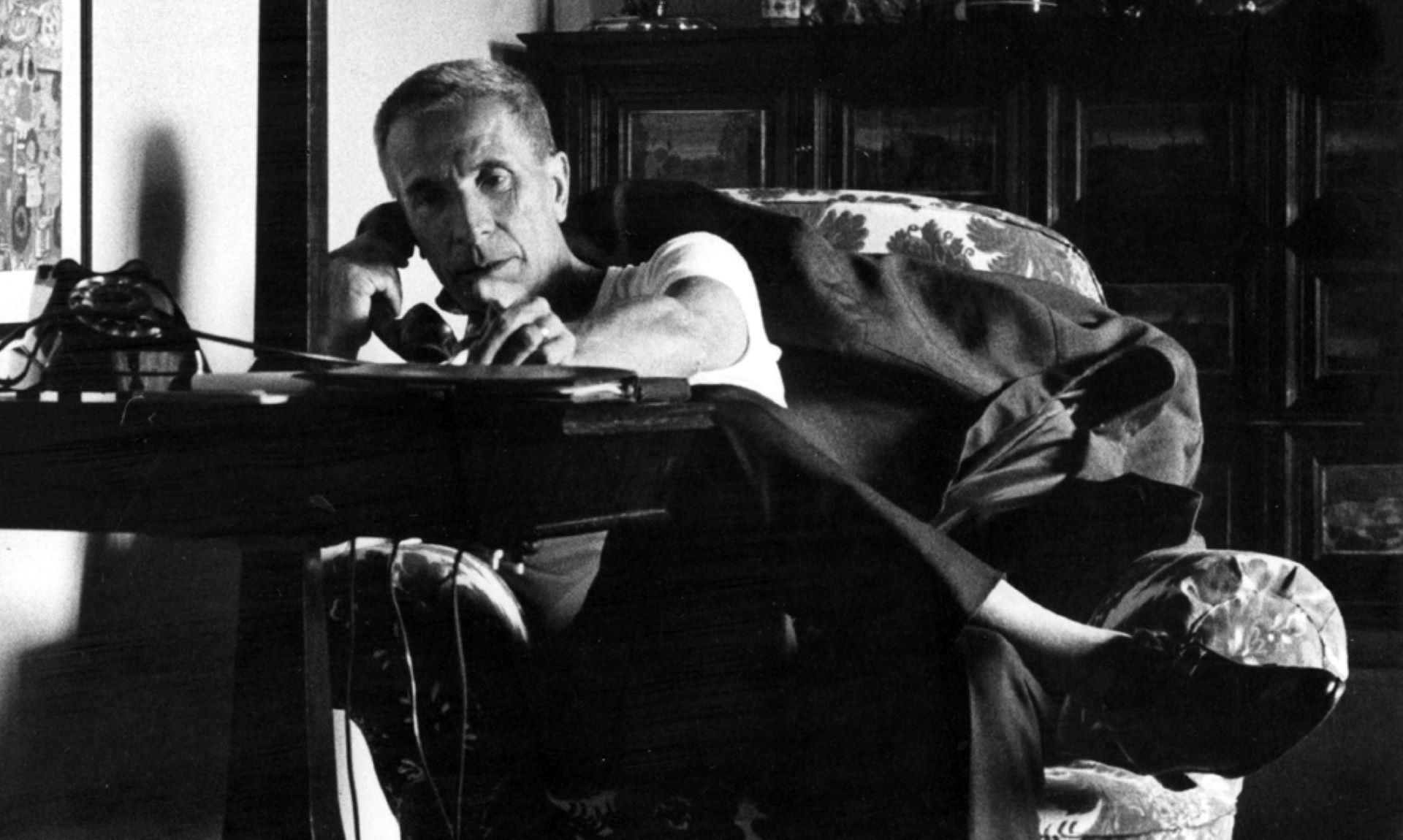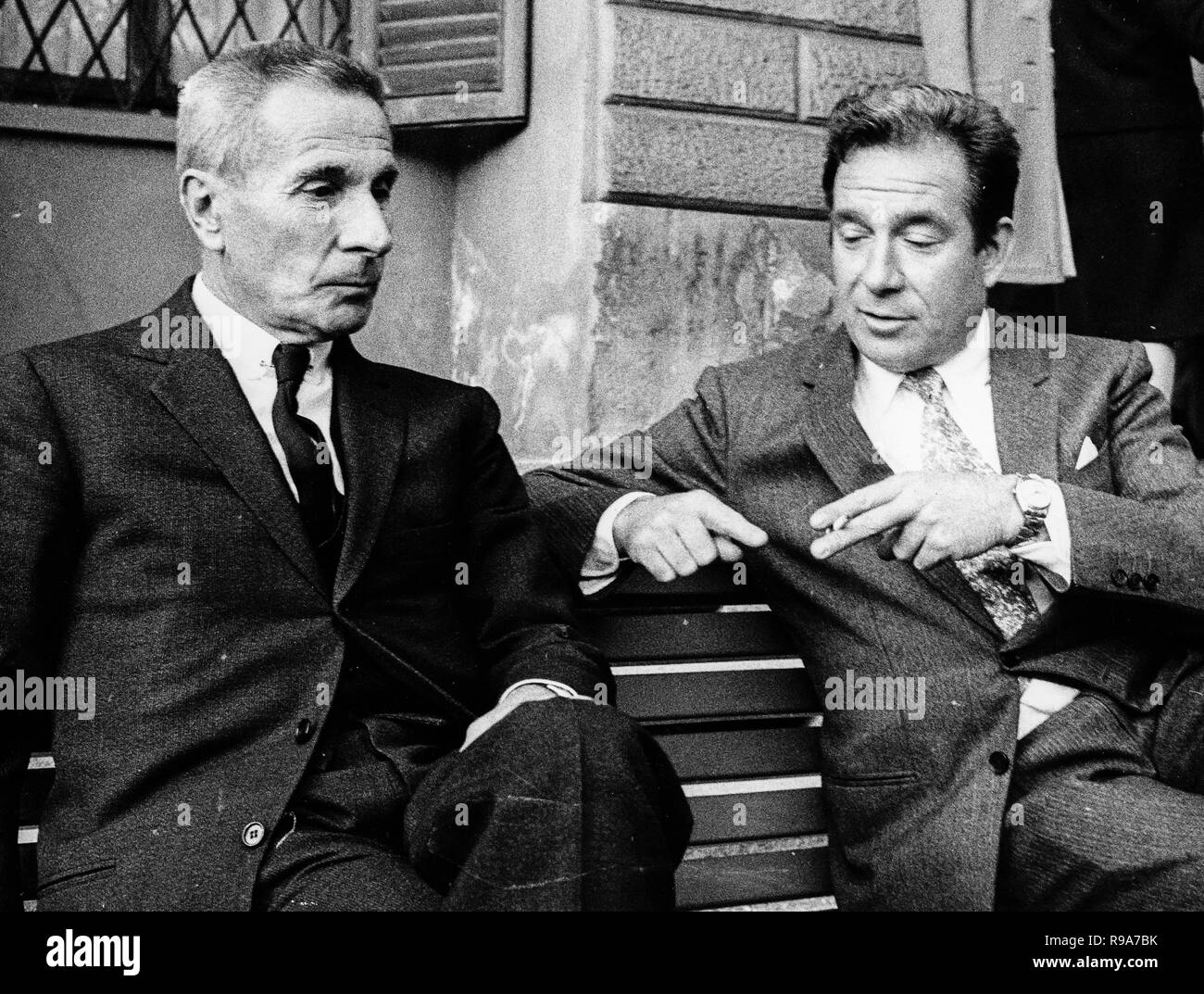Exploring Dino Buzzati's "The Morning Visitor": A Journey Through Human Emotion
Let me take you on a fascinating journey into the world of Dino Buzzati, the brilliant Italian writer whose novel "The Morning Visitor" has been enchanting readers for generations. This surreal story dives deep into the complexities of human emotions, the inevitability of mortality, and the mysterious essence of existence. Buzzati's extraordinary talent has placed him among the greats of 20th-century literature, making this novel an absolute must-read for anyone eager to explore the depths of the human psyche.
Dino Buzzati’s storytelling is nothing short of magical. He blends surrealism, symbolism, and profound psychological insight to craft a narrative that challenges conventional thinking. "The Morning Visitor" isn't just a story—it's an immersive experience that invites readers to reflect on their own lives, fears, and aspirations. In this article, we'll unpack the intricacies of Buzzati's work, offering a comprehensive analysis of its themes, characters, and lasting significance in the world of literature.
As we dive into "The Morning Visitor," we’ll peel back the layers of meaning hidden within Buzzati's prose. From its historical roots to its relevance in today's world, this article aims to deepen your appreciation for the novel’s profound impact on both literature and society. So, let’s step into Dino Buzzati’s world and discover what makes "The Morning Visitor" such a timeless masterpiece.
Read also:Unlocking The Power Of Iot A Guide To Secure Remote Management With Raspberry Pi
Table of Contents
- Biography of Dino Buzzati
- Overview of "The Morning Visitor"
- Key Themes in "The Morning Visitor"
- Symbolism in the Novel
- Character Analysis
- Historical Context
- Critical Reception
- Modern Relevance
- Sources of Inspiration
- Conclusion
Biography of Dino Buzzati
Early Life and Career
Dino Buzzati was born on October 16, 1906, in Belluno, Italy, into a family that valued literature and art deeply. From a young age, Buzzati was captivated by these disciplines, which would eventually shape his illustrious career as a writer and journalist. His family moved to Milan during his formative years, where he attended the prestigious Liceo Manzoni. This period was crucial in shaping his intellectual growth and setting the stage for his future contributions to the literary world.
Major Achievements
Buzzati's literary career spanned decades and produced a wealth of novels, short stories, and essays. Among his most celebrated works are "The Tartar Steppe," "The Devil's Grove," and, of course, "The Morning Visitor." Beyond his fiction, Buzzati also made a name for himself as a journalist for the esteemed newspaper Corriere della Sera. His insightful commentary on contemporary issues solidified his reputation as one of the leading intellectuals of his time.
Data and Facts
| Full Name | Dino Buzzati-Traverso |
|---|---|
| Birth Date | October 16, 1906 |
| Death Date | January 28, 1972 |
| Place of Birth | Belluno, Italy |
| Occupation | Writer, Journalist |
Overview of "The Morning Visitor"
"The Morning Visitor" is a novel that intricately explores the delicate line between reality and imagination. Set in a charming Italian town, the story follows Elena, a young woman whose peaceful life is disrupted by the arrival of a mysterious visitor one morning. This unexpected encounter sets off a chain of events that forces Elena to confront her deepest fears and desires.
Plot Summary
The story begins when Elena receives a cryptic letter hinting at the arrival of a visitor. As the days pass, her anticipation grows, but so does her anxiety. When the visitor finally arrives, Elena is confronted with a series of revelations that challenge her understanding of life, love, and mortality. Through Buzzati's masterful storytelling, readers are drawn into Elena's world, accompanying her on her transformative journey of self-discovery.
Key Themes in "The Morning Visitor"
This novel is packed with themes that continue to resonate with readers across generations. Here are some of the central themes explored in "The Morning Visitor":
- Mortality: Buzzati dives deep into the inescapable reality of death and its profound impact on human existence.
- Isolation: The protagonist's feelings of isolation reflect the broader human experience of loneliness in a rapidly changing world.
- Identity: Through Elena's interactions with the visitor, the novel explores the complexities of identity and self-perception.
Symbolism in the Novel
Symbolism plays a crucial role in enriching the depth and significance of "The Morning Visitor." The visitor, for instance, can be seen as a symbol of the unknown, representing the uncertainties and mysteries of life. The recurring motif of morning light serves as a metaphor for hope and renewal, creating a powerful contrast with the darker themes of mortality and despair.
Read also:Revolutionizing Online Navigation The Power Of Deephot Linking
Character Analysis
Elena: The Protagonist
Elena is a richly developed character whose journey of self-discovery forms the heart of the novel. Her initial curiosity about the visitor evolves into a profound introspection about her own life and choices. Through her interactions with the visitor, Elena gains invaluable insights into the nature of human relationships and the importance of embracing the unknown.
The Visitor: A Catalyst for Change
The mysterious visitor plays a pivotal role in transforming Elena's life. His presence challenges her preconceived notions and forces her to face her deepest fears. Through his enigmatic demeanor, Buzzati highlights the transformative power of unexpected encounters and their ability to reshape one's life.
Historical Context
"The Morning Visitor" was published in 1931, a time marked by significant social and political upheavals in Europe. The aftermath of World War I and the rise of fascism in Italy provided the backdrop for Buzzati's exploration of existential themes. The novel captures the anxieties and uncertainties of the era, resonating with readers who were navigating similar challenges in their own lives.
Critical Reception
When "The Morning Visitor" was first published, it received widespread critical acclaim for its innovative storytelling and profound insights into the human condition. Critics praised Buzzati's ability to seamlessly blend surreal elements with realistic portrayals of human emotions. Over the years, the novel has been the subject of extensive academic study, solidifying its place as a cornerstone of modern Italian literature.
Modern Relevance
Though written nearly a century ago, "The Morning Visitor" remains remarkably relevant in today's world. Its exploration of universal themes like mortality, identity, and isolation continues to resonate with readers of all generations. In an age of rapid technological advancements and societal changes, Buzzati's novel serves as a poignant reminder of the enduring nature of human emotions and the importance of introspection.
Sources of Inspiration
Buzzati drew inspiration for "The Morning Visitor" from a variety of sources, including his personal experiences and the works of other literary greats. The surreal elements of the novel echo Kafka's "The Castle," while the psychological depth of the characters reflects the influence of Dostoevsky. By skillfully integrating these inspirations with his unique perspective, Buzzati crafted a narrative that stands as a testament to his literary genius.
Conclusion
"The Morning Visitor" is a masterpiece that continues to captivate readers with its profound exploration of life, death, and human emotions. Through its intricate symbolism, complex characters, and timeless themes, the novel offers a profound window into the complexities of the human experience. Dino Buzzati's brilliance ensures that "The Morning Visitor" remains a relevant and thought-provoking work in the modern literary landscape.
I encourage you to share your thoughts on this article and explore more of Dino Buzzati's writings. Engaging with his works will deepen your understanding of the world around you and the human condition. Feel free to leave a comment or share this article with others who might appreciate the beauty and depth of Buzzati's work.
For further exploration, consider diving into Buzzati's other novels, such as "The Tartar Steppe" and "The Devil's Grove." These works provide additional insights into his unique perspective and continue to inspire readers worldwide.
Article Recommendations


